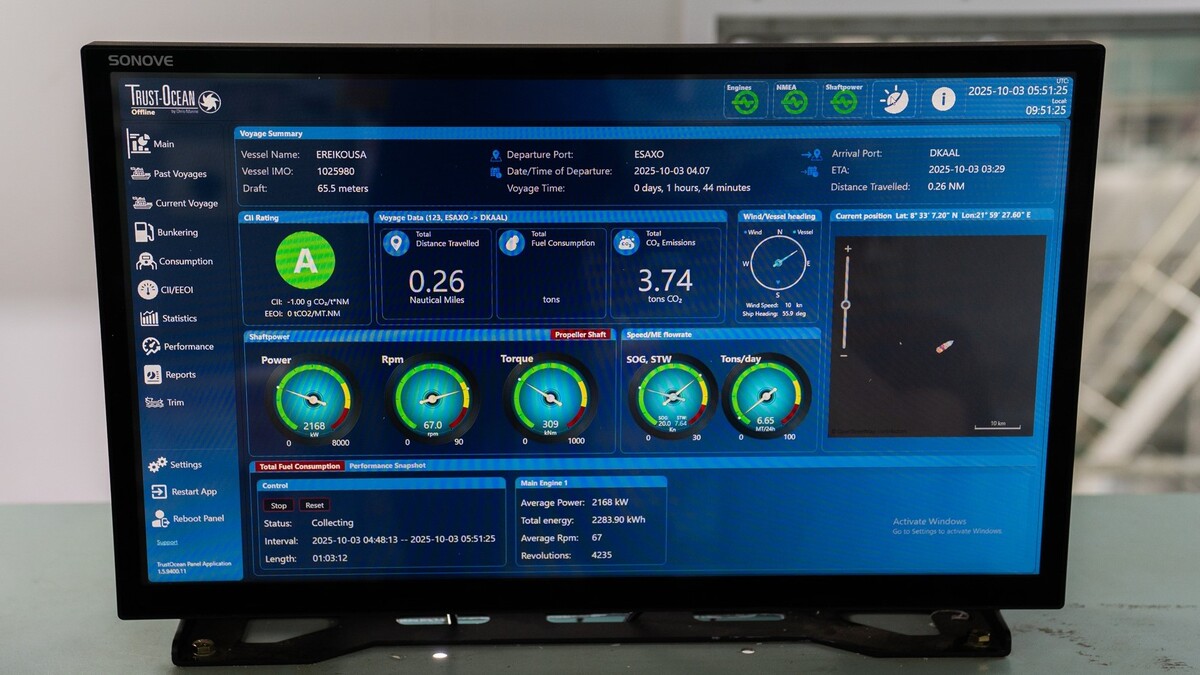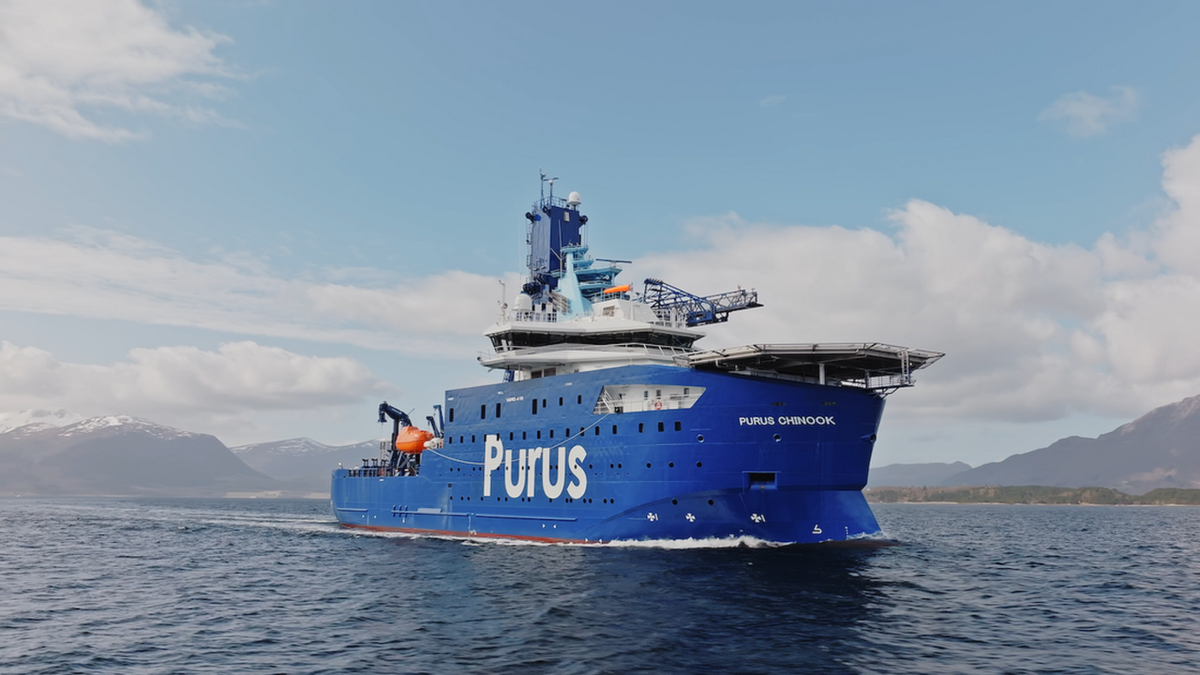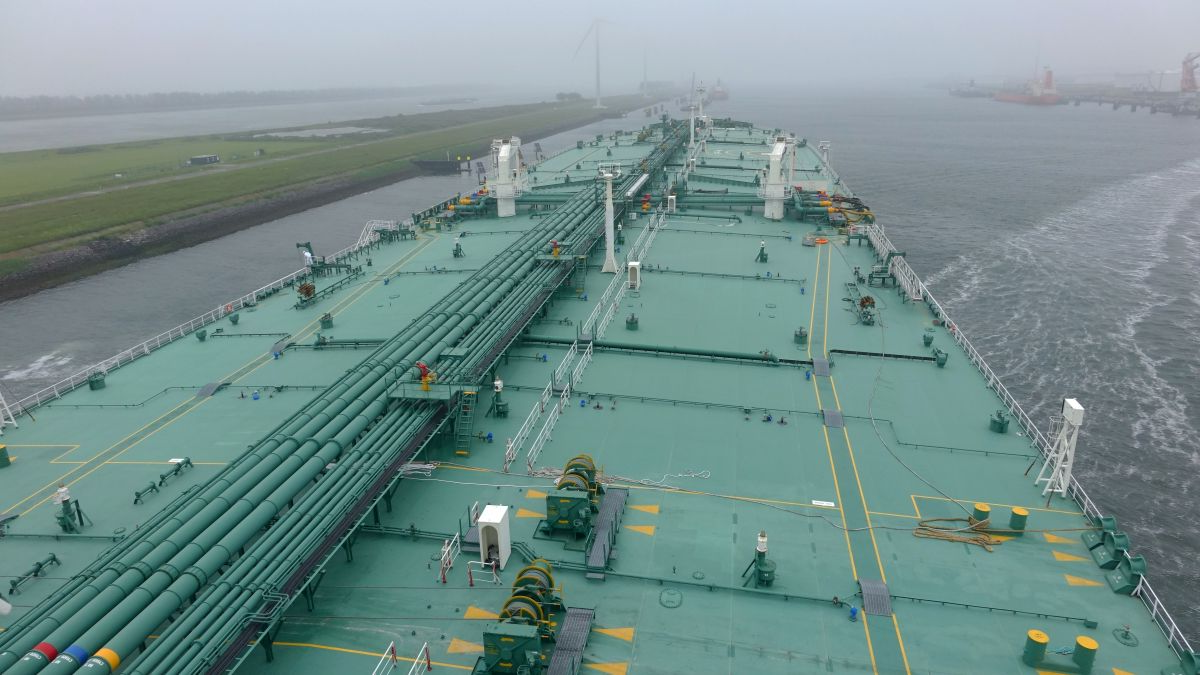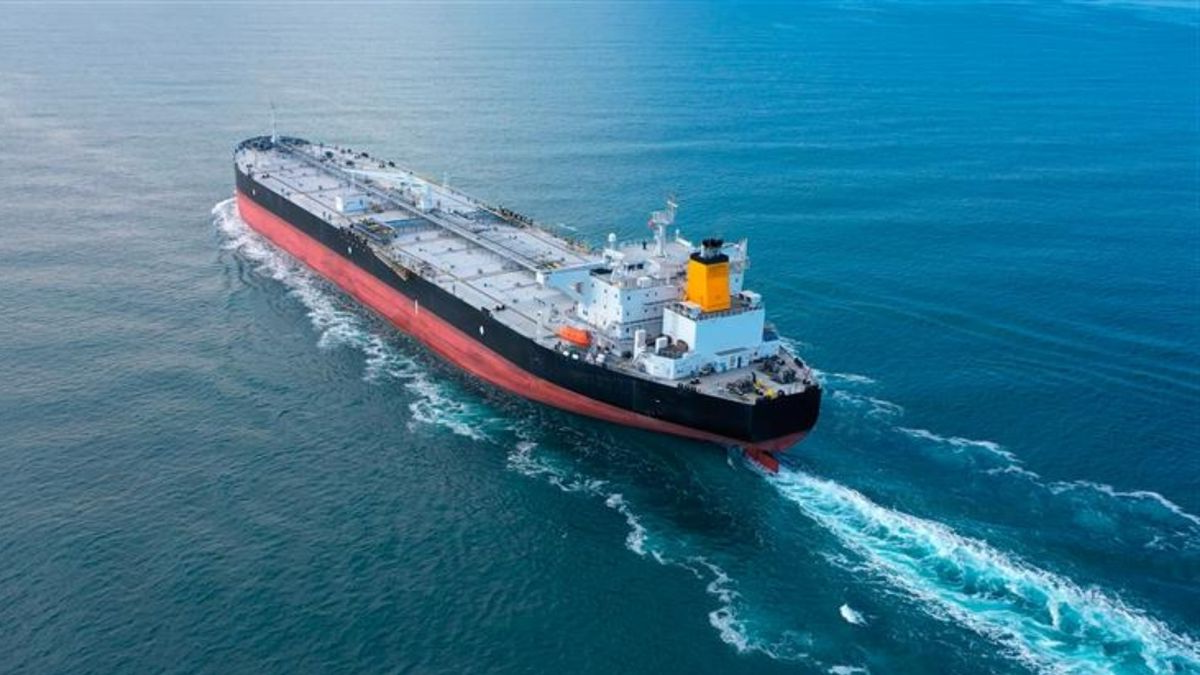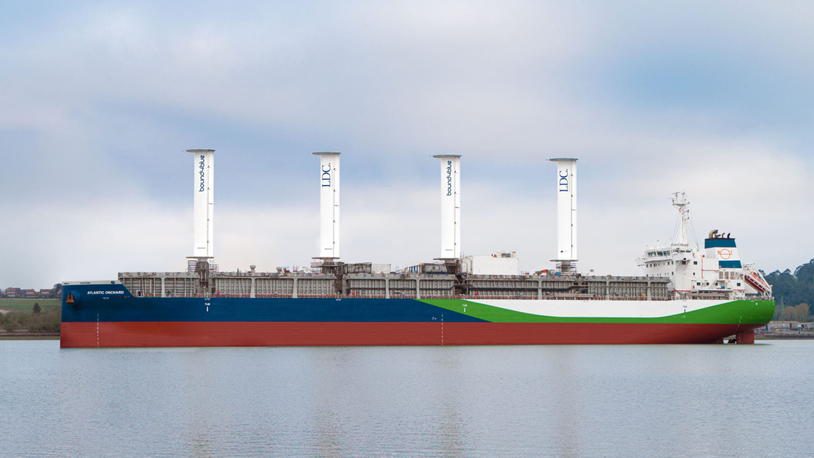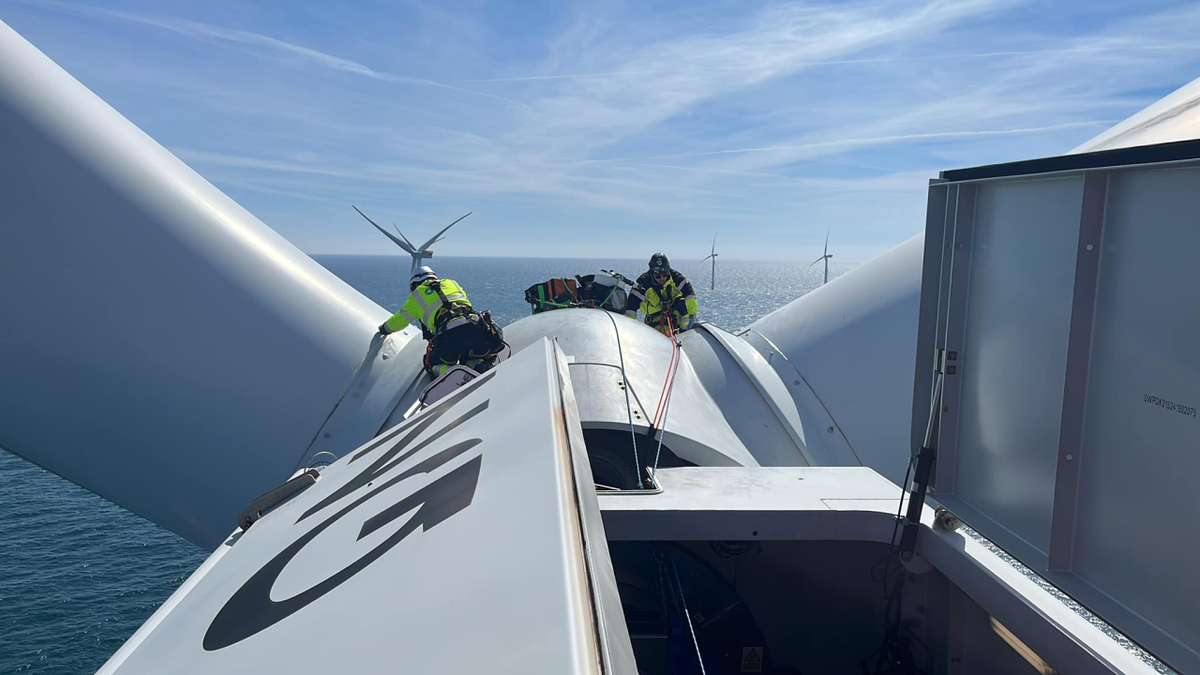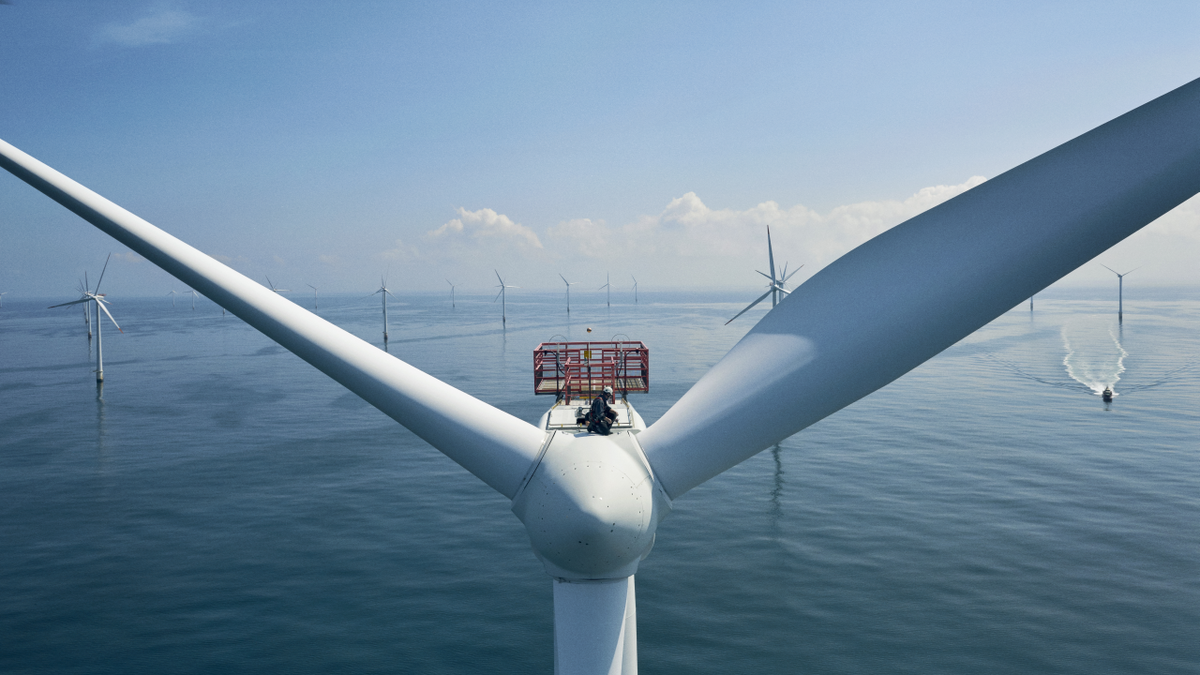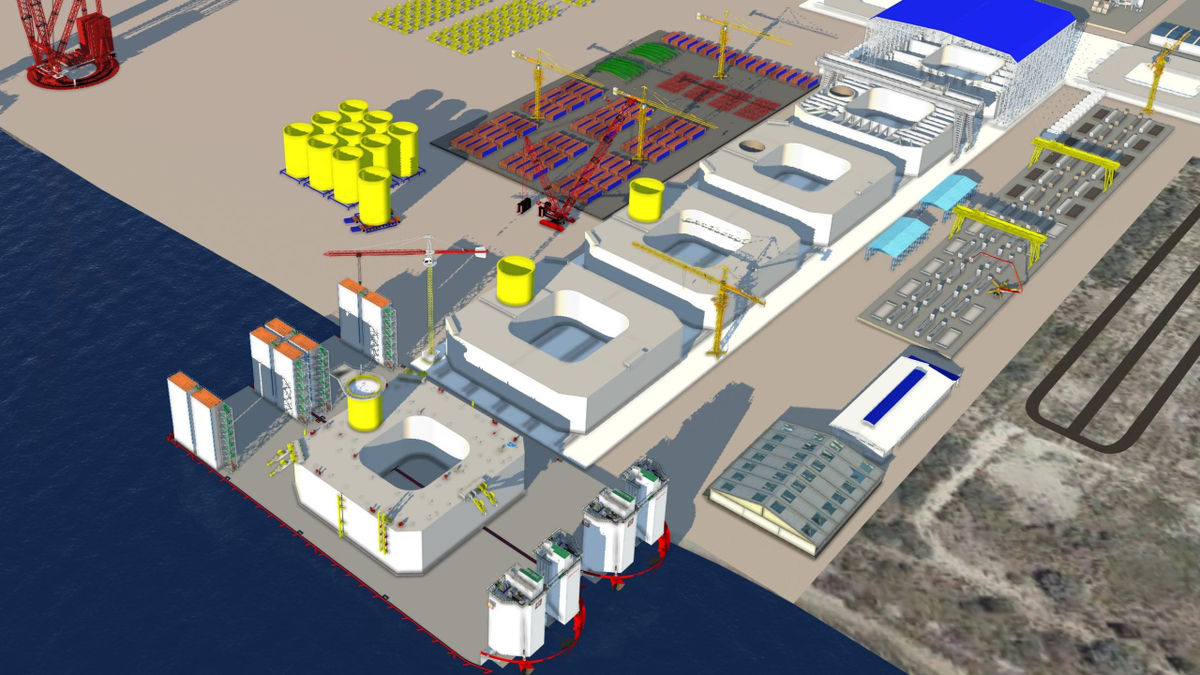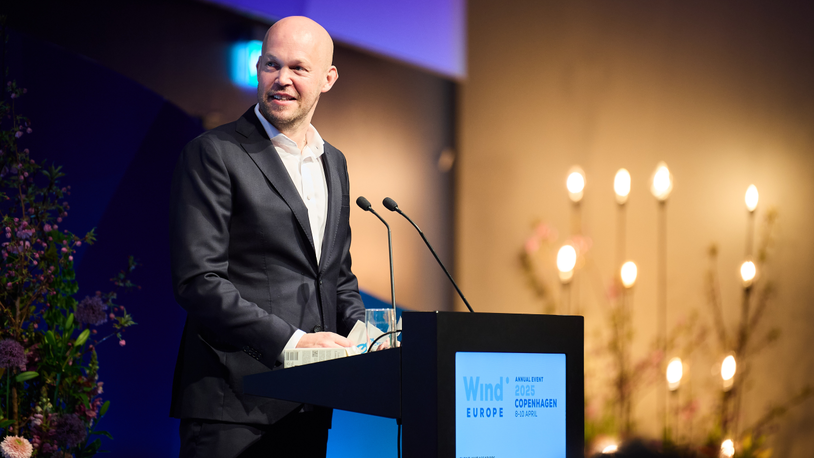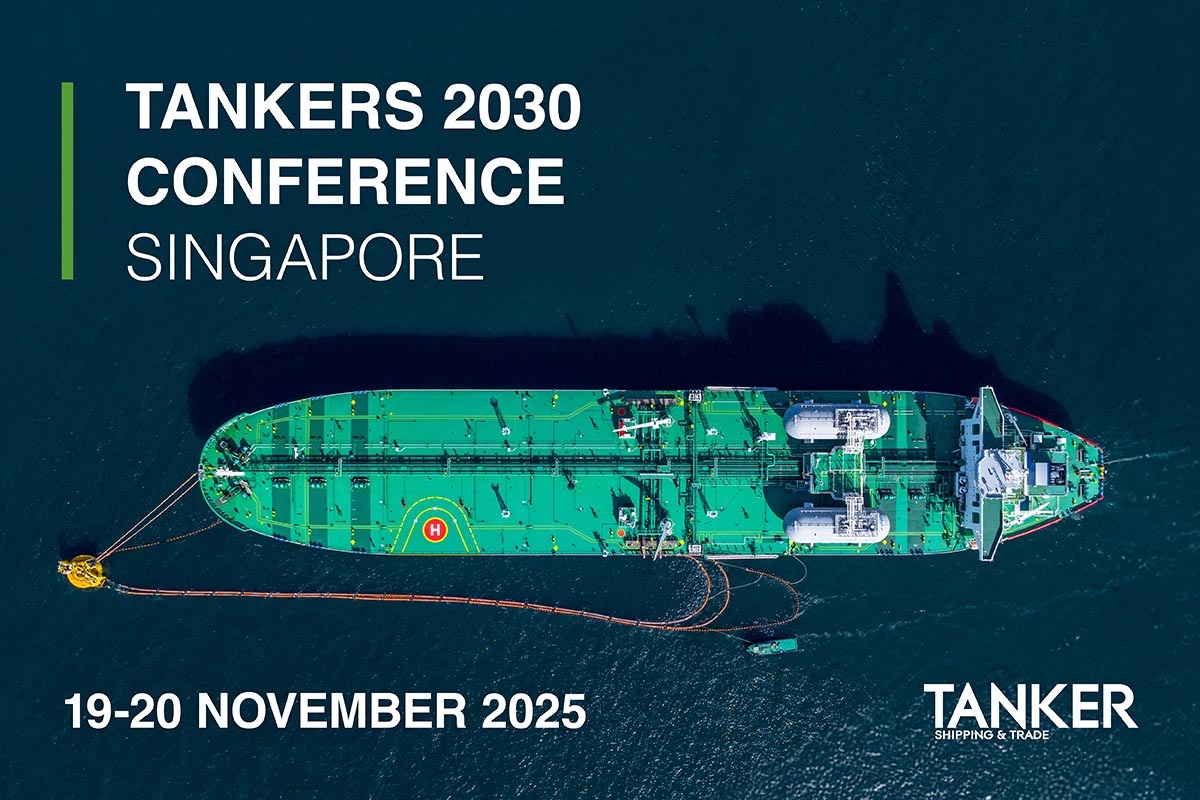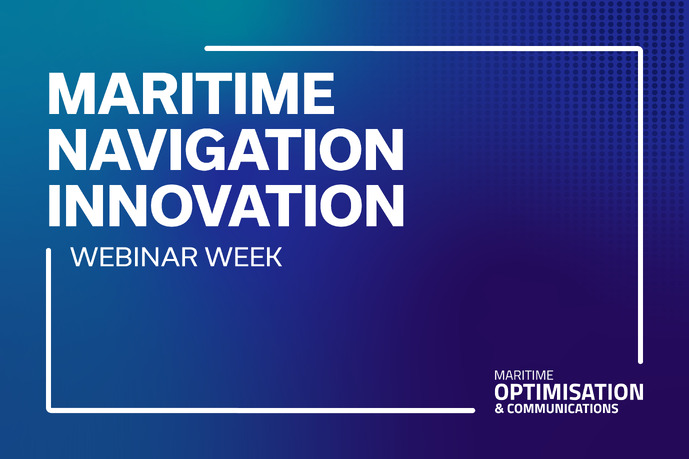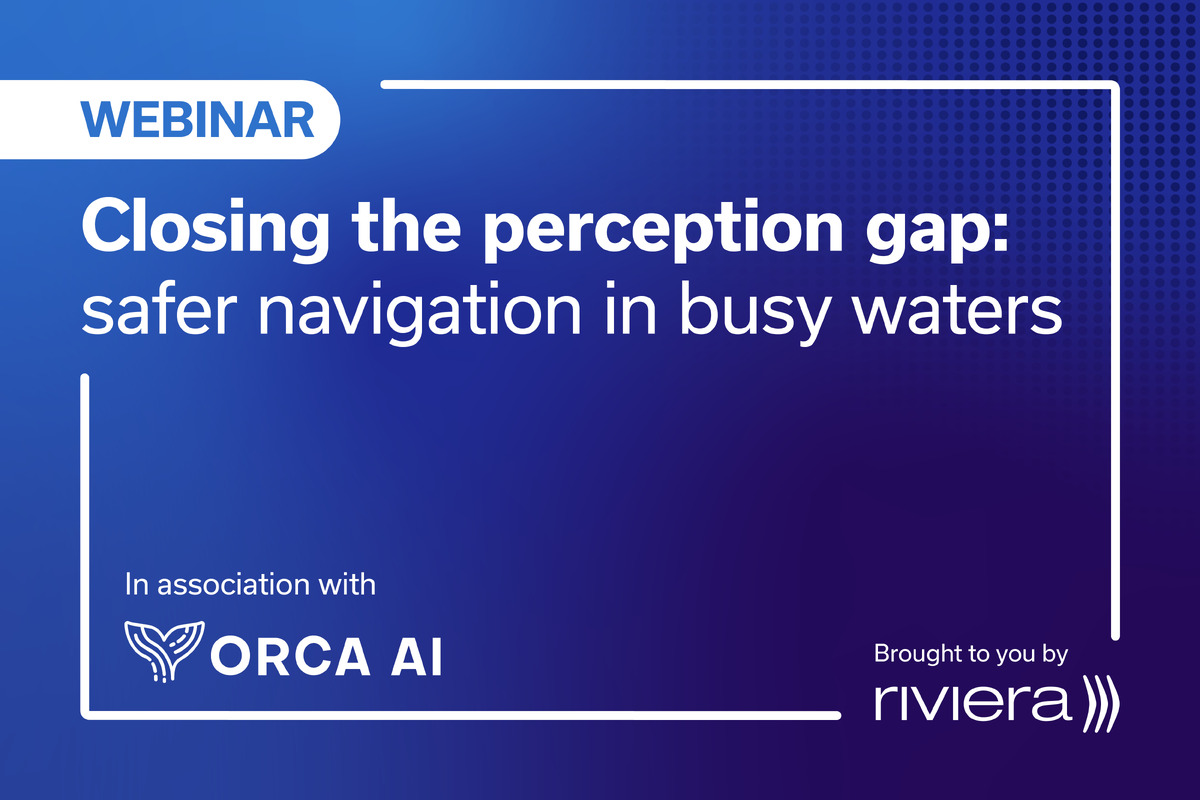Business Sectors
Contents
Register to read more articles.
North Seas Ministers double-down on offshore wind plans, focus on competitiveness
Ministers from European countries bordering northern seas – including the North Sea and Baltic – have reaffirmed plans to make North Seas a renewable powerhouse
Meeting in Copenhagen Denmark for the latest North Seas Energy Cooperation (NSEC) Ministerial Meeting, NSEC member countries recommitted to a goal of at least 110 GW of offshore renewable energy by 2023 and 300 GW of by 2050.
In an opening speech on 24 October 2024, EU Commissioner Kadri Simson said the primary goals of the meeting were to accelerate deployment of offshore wind and ensure the EU renewables industry remains competitive.
“We all know our objectives,” she said, “110 GW by 2030 and over 300 GW by 2050. Europe currently has 35 GW of installed offshore wind, much of it concentrated right here in the North Sea. But we must accelerate project delivery. Some challenges remain, but we are well on track to unlock the full potential together.”
Looking ahead, said the Commissioner, “We must continue focusing our efforts on several areas well identified by the North Seas Energy Cooperation. First, we need to work further on a common planning framework and ensuring fair allocation of costs and benefits if we want to see projects coming off the ground.
“Second, financing remains a significant challenge. We need to carefully assess the nature and scale of investments required and explore innovative approaches to secure the funding and financing necessary to realise our ambitions, and such developments should go hand in hand with more integrated network planning based on enhanced regional cooperation.
“Third, we have to unveil the full potential of the recently adopted Fit for 55 legislation through swift implementation and the development of supporting measures.
The transmission access guarantee set out in the revised Electricity Market Design, for example, needs to be developed at network code level. Anticipatory investments to support the offshore network development can be accelerated through new guidance.
“These are important areas for which work is starting now,” said the Commissioner, noting the Commission is also working on implementing acts regarding non-price criteria in auctions and public procurement, mandated by the Net-Zero Industry Act. “This will play a key role in fostering the sustainability and resilience of Europe’s renewable energy supply chain,” she said, noting she expects the EU have these acts adopted by March 2025.
“Skills will be an important challenge and is a key priority for the Commission, highlighted in the Commission President’s political guidelines for 2024-2029. And last but not least, further steps on advancing offshore renewable hydrogen in the North Sea will also be needed to ramp up the European hydrogen market and unlock the potential of offshore wind.”
Among the Ministers addressing the meeting, Ireland’s Minister for the Environment, Climate and Communications Eamon Ryan said delivery of offshore renewable energy and green hydrogen will be central to the EU’s future growth and competitiveness.
As he noted, NSEC Ministers have put forward a series of recommendations to the new European Commission to help tackle challenges faced by the industry as it looks to deliver its offshore renewable energy ambitions. The EU recently entered a new institutional cycle and set out new political Strategic Agenda for 2024-2029.
The NSEC recommendations include: the need to ensure an integrated and well-functioning energy market across Europe; the establishment of a framework for common planning and to deliver benefits and share costs; solutions to derisk renewable energy and infrastructure projects; the need to strengthen European competitiveness and transparency in the value chain; options for developing offshore renewable hydrogen in the North Seas; and to ensure co-operation across the North Seas with all partners.
In September 2024, a report prepared by former Italian Prime Minister Mario Draghi on The Future of European Competitiveness, stated that to remain competitive, Europe must significantly increase its investment in key sectors, including energy innovation and infrastructure. The former European Central Bank President was tasked by the European Commission to prepare a report of his vision on the future of European competitiveness. The report highlighted the EU’s general investment-to-GDP ratio needs to rise by 5% annually — levels not seen since the 1960s and 1970s — to meet decarbonisation and digitalisation needs.
“NSEC is already working on much of the analysis contained within the Mario Draghi report on EU competitiveness, but it will be important to build out the financing of renewable energy across the EU, as was recommended in the report,” said Minister Ryan.
“To remain competitive on the global stage, it is necessary to ensure a rapid expansion of renewable energy and infrastructure, while leveraging the single market to its fullest extent. These concrete recommendations will ensure the North Seas can serve as an important component if improving the EU’s clean industrial competitiveness.
“Despite difficult market conditions and challenges, the good news is renewable energy capacity is at an all-time high in Europe and our capacity to generate renewable electricity is expanding faster than at any time in the last three decades – giving it a real chance of achieving the goal of tripling global capacity by 2030, which governments set at COP28,” the Minister said, noting the enormous potential which offshore renewable energy to deliver green jobs and how renewable energy and green hydrogen will play a central role in help European countries in the North Seas reach climate targets and decarbonise societies.
A new multiannual work programme for 2025-2027 was also outlined at the NSEC Ministerial. The plan outlines activities under four existing NSEC support groups on the following topics: hybrid and joint projects; maritime spatial planning and ecology; support framework and finance, including co-ordinated long-term planning. An additionally a fifth support group will also be created this year, focusing on offshore renewable hydrogen in the North Seas.
From January 2025, Belgium will take over the rotating presidency of the NSEC from Denmark. The country’s Minister of Energy, Tinne Van der Straeten said it would do so “at a critical moment for offshore energy development.”
She said, during its presidency, Belgium will continue the groundwork laid by Denmark, focusing on unlocking the full renewable energy potential of the North Seas, strengthening European supply chains and industry, and advancing offshore green hydrogen projects. Preparations have already begun, with a dedicated programme and co-operation agreements with German partners, as the Belgian Presidency will support Germany in the preparation of the next North Sea Summit, which will take place in Hamburg in June 2025.
“Our focus will be on strengthening multilateral co-operation, harmonising standards, promoting public participation and integrating non-price criteria into tendering processes, while protecting biodiversity,” said the Minister. The Belgian Presidency will also build on the recommendations of the Draghi and Letta reports and closely follow the Clean Industrial Deal to be launched by the new European Commission. She said the Belgian Presidency will focus on offshore grid development plans; financing and derisking mechanisms; public participation and biodiversity; and supply chain and industry leadership.
Riviera’s Offshore Wind Webinar Week will be held 4 November 2024. Click here to register for this free-to-attend event.
Related to this Story
Events
International Bulk Shipping Conference 2025
Tankers 2030 Conference
Maritime Navigation Innovation Webinar Week
© 2024 Riviera Maritime Media Ltd.

